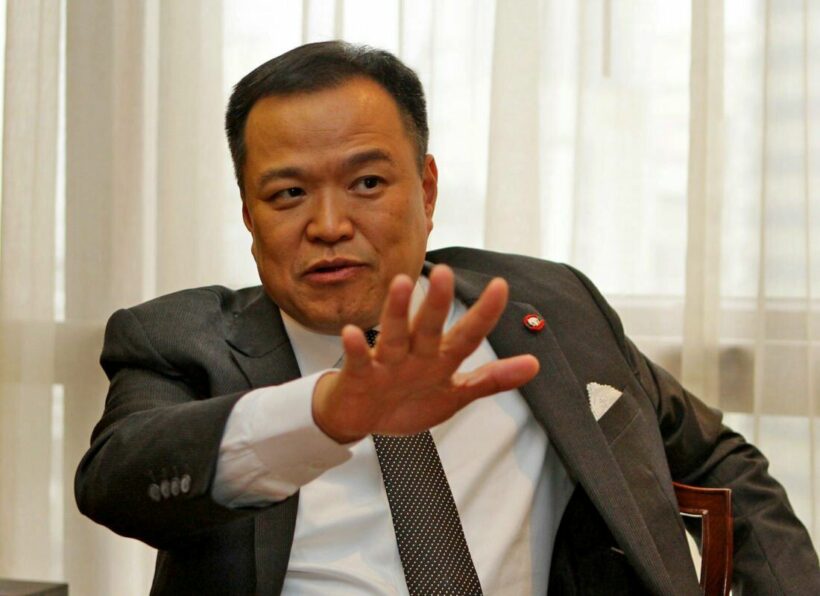Thailand’s Deputy PM not too excited to take over after Prayut

Thailand’s Deputy PM Anutin Charnvirakul is allegedly not too excited to take over after current PM Prayut Chan-o-cha. Anutin made such remarks after PM Prayut made it known that he hopes to stay in office for another two years after the upcoming election in 2023. Anutin noted that most who did inherit the position never served a full term.
But, the reality is that Anutin will most likely be next in line as Prayut’s tenure expires in 2025. Observers further the notion that Anutin may, indeed, be Prayut’s top pick as a successor, leaving Anutin to take over the position.
“For me, I have to personally win the trust of the people first, as opposed to waiting [to be appointed a successor]. As such, my concern is how Bhumjaithai can broaden its appeal to more people.”
Anutin is currently the Bhumjaithai party leader and referred to the election results regarding whether he would support Prayut’s run under the United Thai Nation Party next year. Many political leaders expect the 68 year old to join the UTN, which is a new party that is led by Pirapan Saliratavibhaga, a former Democrat MP who also is an adviser to Prayut.
The UTN was formed back in March to back Prayut’s return as premier. But, Prayut has not given any public announcement as to whether he plans to move over to the UTN. The election which is slated for next year is expected to commence in the first half of the year as the House’s four-year term will expire in March. The Thai constitution states that a political party needs to secure at least 25 House seats to nominate a prime ministerial candidate.
At the end of September, Thailand’s Constitutional Court reinstated Prayut Chan-o-cha as Prime Minister of Thailand. The court ruled that Prayut has not yet hit the eight-year constitutional limit set for his role.
The court ruled that Prayut became prime minister on April 6, 2017, when the HM the King ratified a new military-drafted constitution. PM Prayut was also deemed eligible to run in Thailand’s next general election. The court’s decision was met with public outrage because he had already completed two four-year terms as PM. He became PM in 2014, shortly after he led a coup against the democratically-elected government of Yingluck Shinawatra.
Section 158 of Thailand’s constitution states that “The Prime Minister shall not hold office for more than eight years in total, whether or not holding consecutive term.”
Latest Thailand News
Follow The Thaiger on Google News:


























